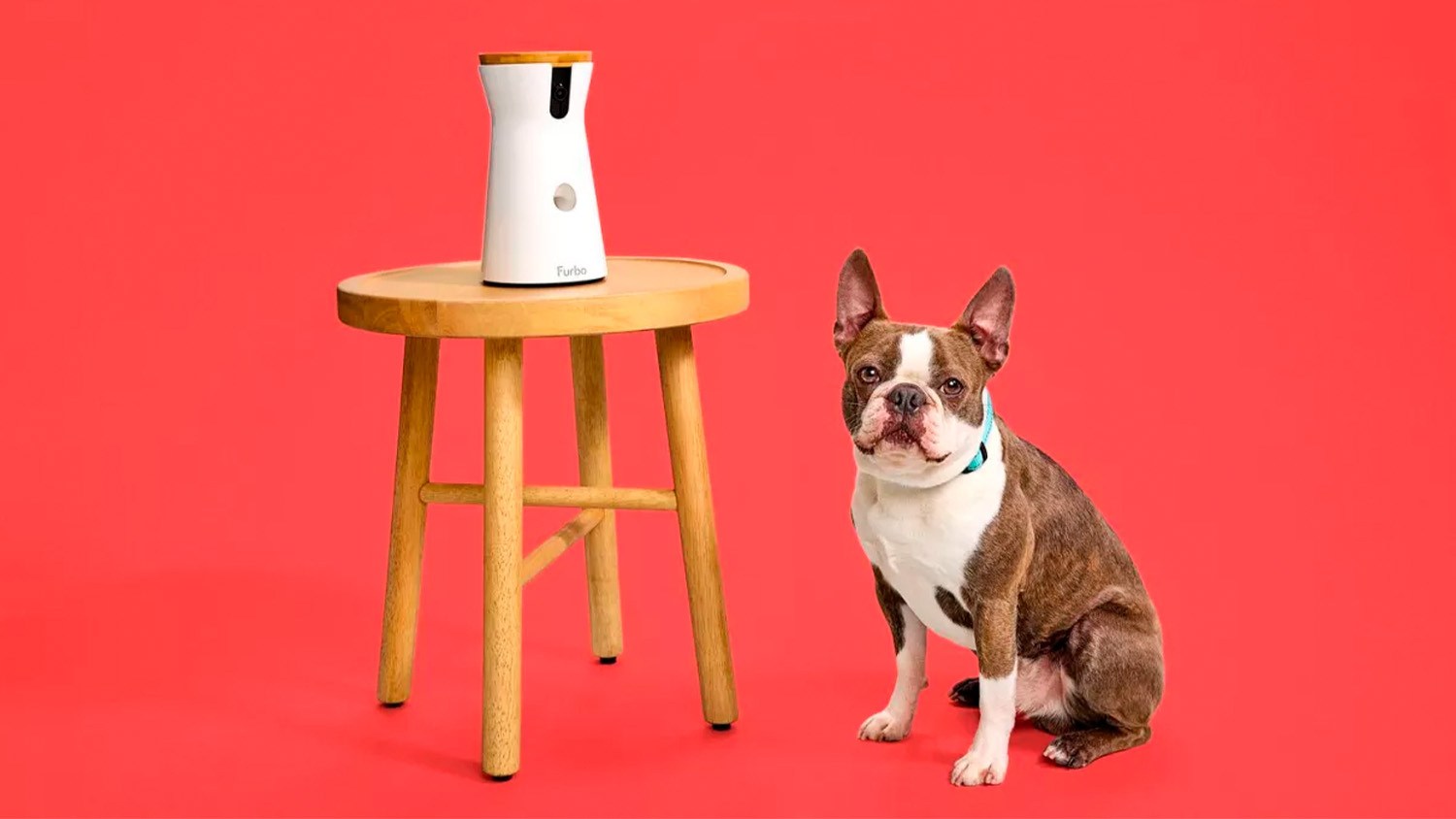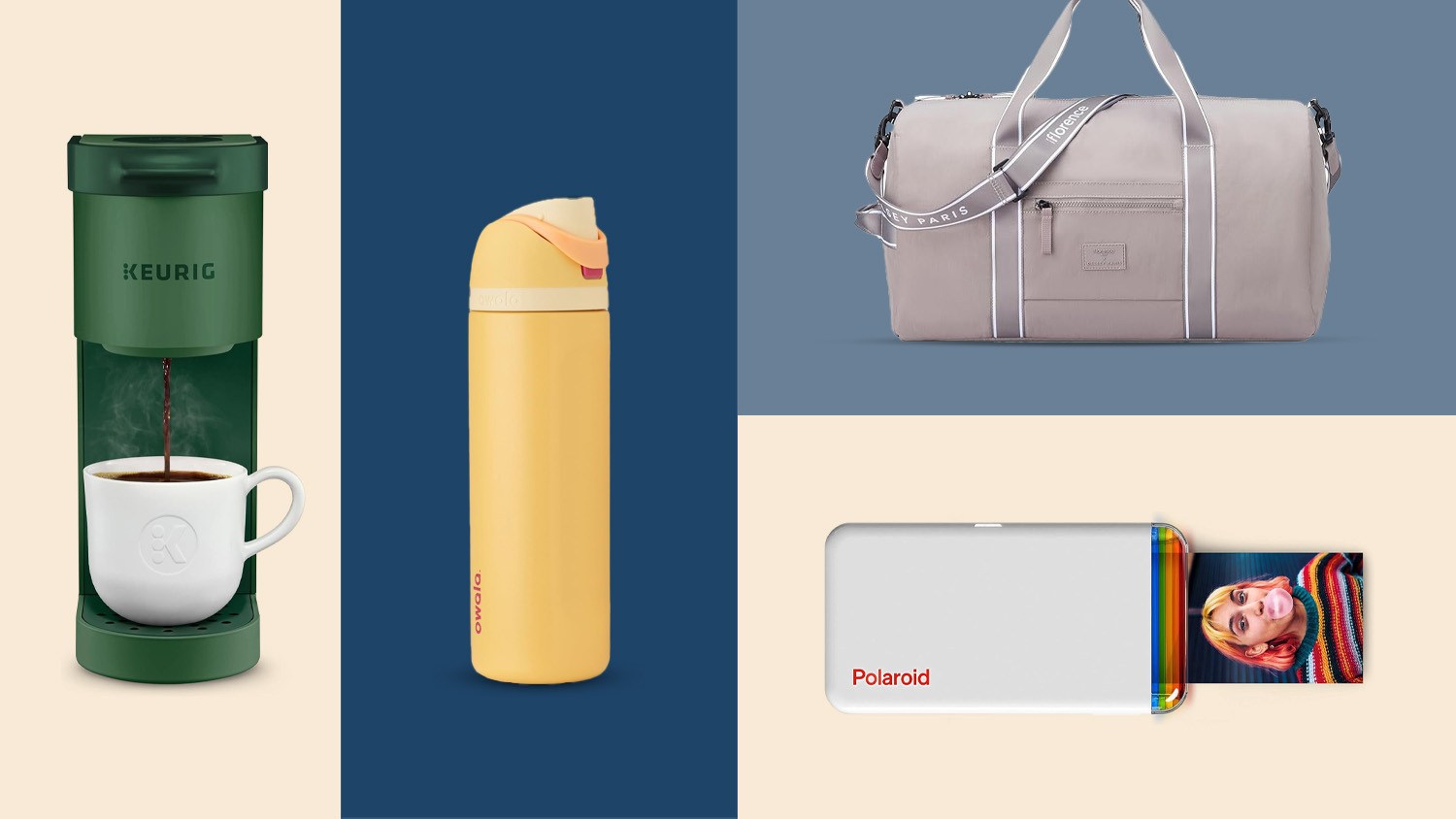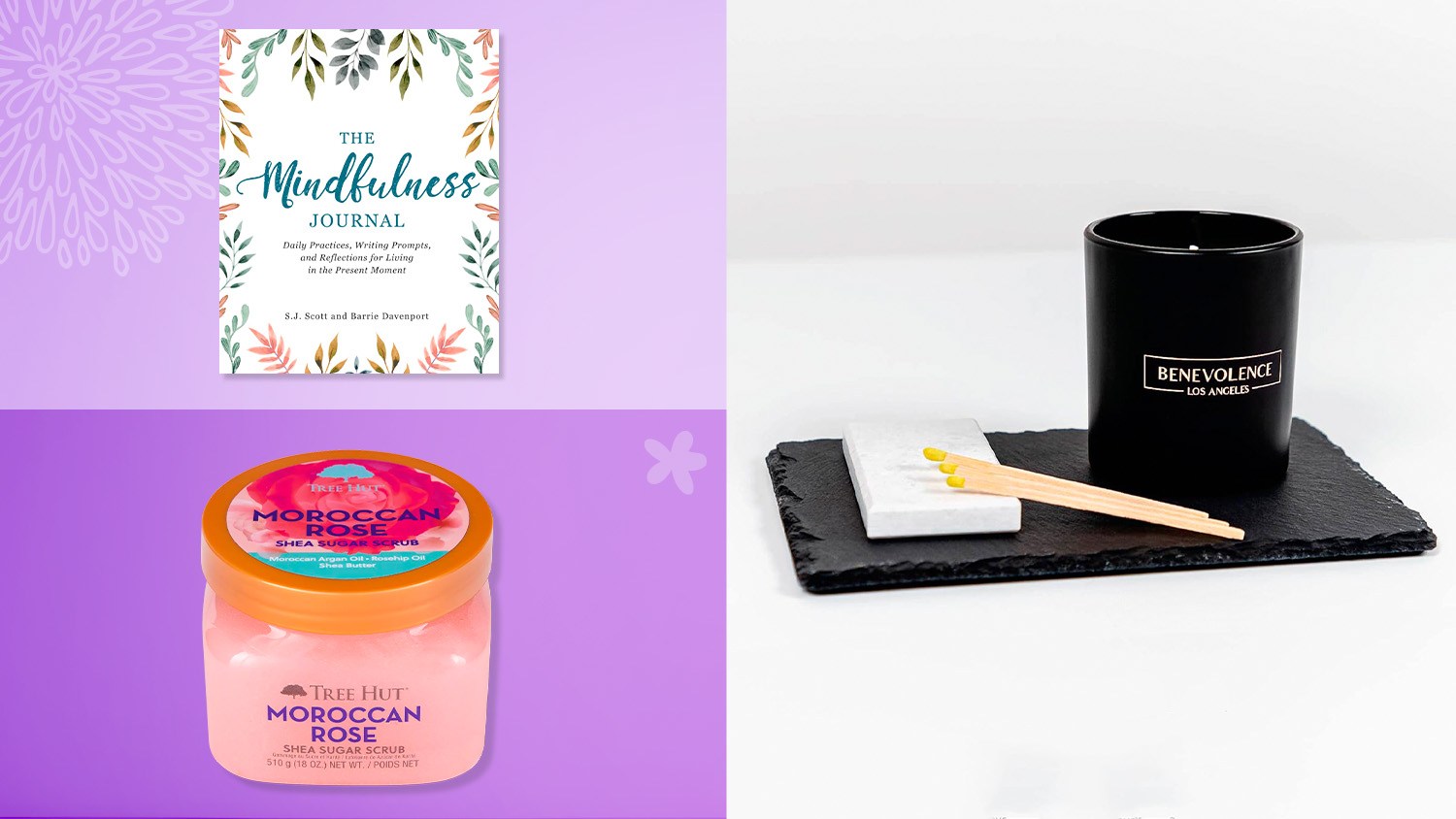NEW YORK — If the pandemic is keeping you up at night, you’re part of a growing number of Americans experiencing so-called “Coronasomnia.”
A study published this month in the Journal of Clinical Sleep Medicine found about 40% of people are experiencing sleep problems during the pandemic. Doctors say that’s about twice what they typically saw pre-pandemic.
Google searches for insomnia spiked 58% during the first five months of 2020, peaking around 3 a.m.
“Those are people that are up, having difficulties, and trying to kinda figure out what’s going on,” says UCLA sleep medicine physician Dr. Joshua Roland.
He says increased stress and anxiety and disrupted work and life patterns are all contributing factors.
Dr. Roland says our internal clock that is normally dictated by social cues, light, and things like when we eat has been thrown off during the pandemic.
“To kind of combat that we want to try normalize things as much as possible, which is sometimes easier said than done,” Dr. Roland says.
Besides reducing alcohol and caffeine, doctors say go for a walk each day to get a little sunlight and some exercise. Doctors advise keeping your sleep space sacred: No working in bed and no screen time, which interferes with sleep.
“Often what I’ll do for patients who have a lot of stress, that when they lay down it all starts to bubble up, is I’ll have them either make a diary or make lists a little bit prior to bedtime, hopefully get all of that out of their head,” Dr. Roland says.
And if you still can’t sleep after trying for a little while, doctors advise getting out of bed and doing something relaxing until you feel sleepy.
Singer-songwriter Courtney Stahl of the pop duo YVR is used to late nights, but not like what’s she’s been experiencing during the pandemic.
“I’ve always been a night owl, but during quarantine it’s a whole other level,” she says.
Stahl has been struggling to fall asleep and stay asleep.
“Anxiety is running high, it’s a crazy time right now and I think it’s just scary not knowing when venues are gonna open back up, when I can start working full speed again,” she says.
Stahl says meditating at night has helped. Experts agree that can be part of a healthy wind-down routine before hitting the hay.
Sleep is also essential for a healthy immune system, which doctors say is not only important in fighting off any infection but also for helping generate antibodies once you are vaccinated against COVID-19.


















